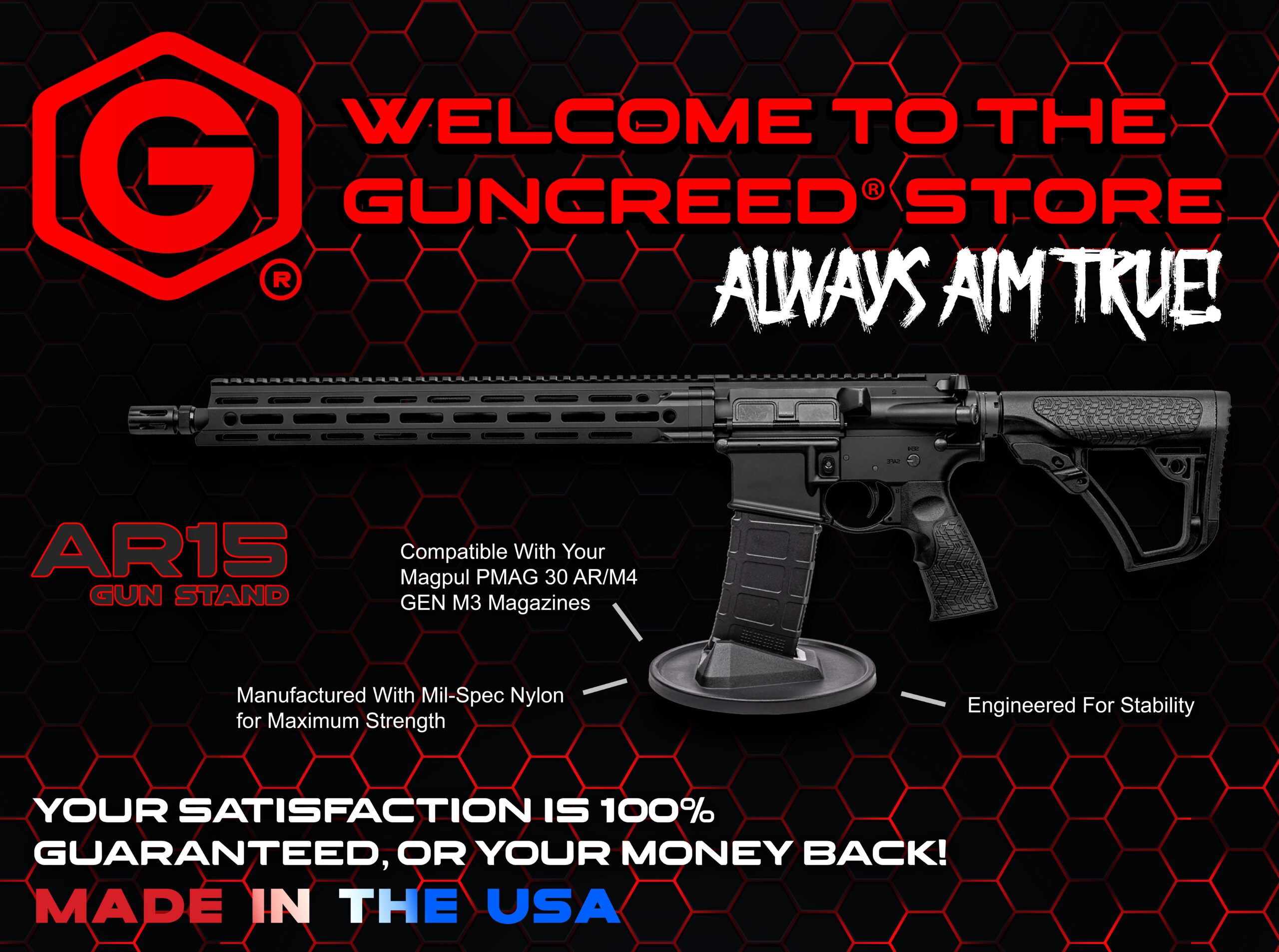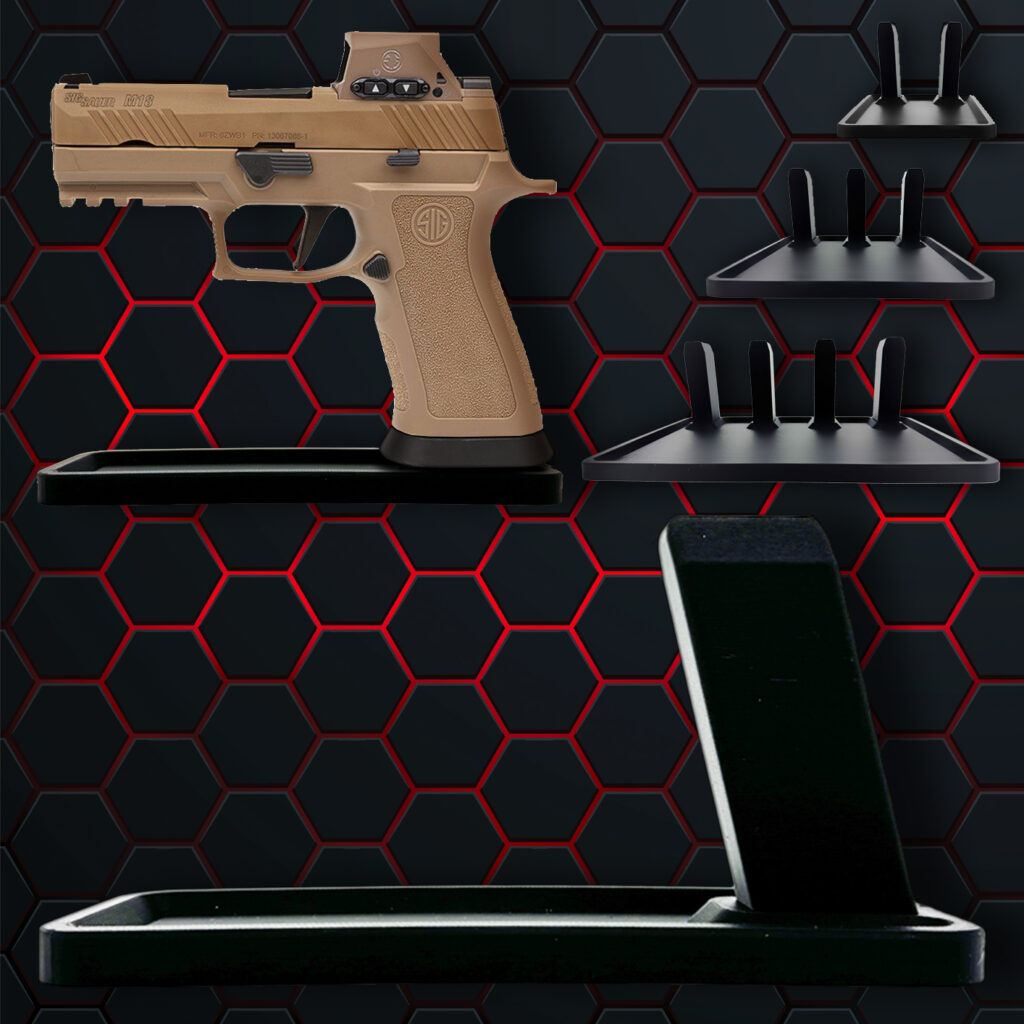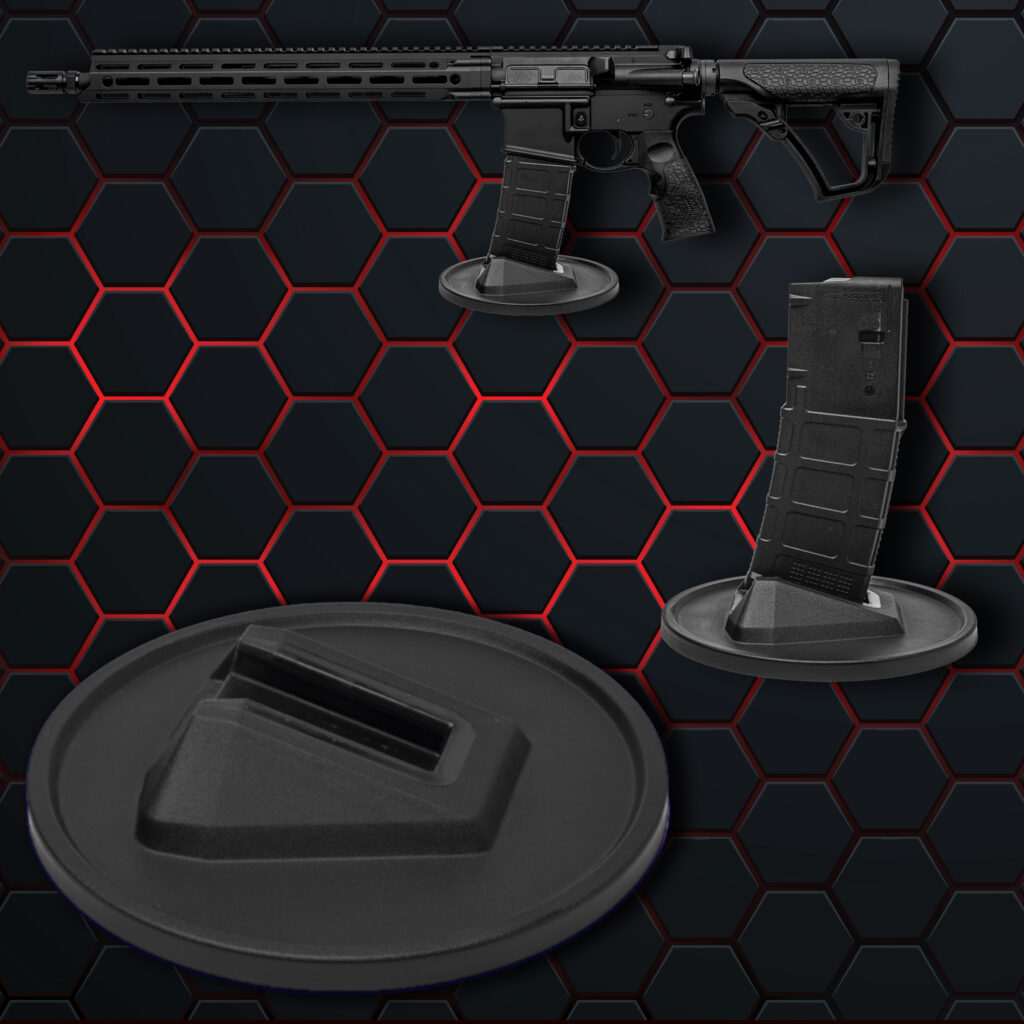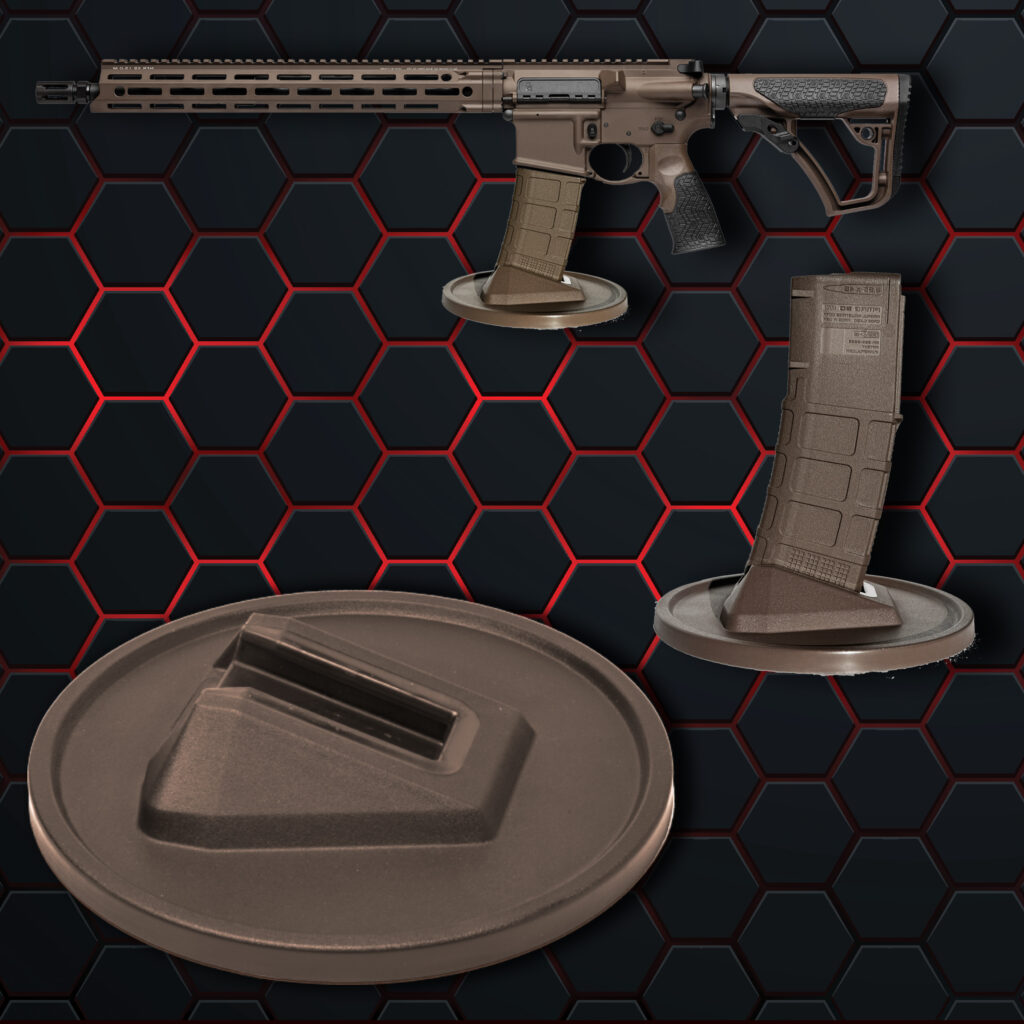Gun Dealers & Manufactures
GET LISTED IN OUR FREE DIRECTORY
Free AR-15 rifle stand
If your a gun dealer and you would like to check out our stand to sell in your store or at gun shows. Please fill out the form below and we will send you a free sample stand. If you want to make a large purchase and would like a discount please call (800) 311-6074
AR-15 Manufactures
AR-15 Accessories
AR-15 Optics
Gun Dealers & Manufactures
The gun industry in America is a huge part of the country’s economy, with millions of guns being produced and sold every year. Unfortunately, there are some irresponsible dealers and manufacturers who are supplying guns to criminals. These guns often end up at crime scenes or on Mexico’s streets in the hands of illicit drug cartels. This has become an American problem that needs to be addressed through stricter regulations and oversight of the supply chains that bring guns from the manufacturer to the dealer selling these products. Gun manufacturers must also be held accountable for their actions, as they are ultimately responsible for creating these dangerous products that are being used in criminal activities. By taking steps to ensure only responsible dealers and manufactures can sell guns, we can help reduce gun violence across America.
In Mexico, gun dealers and manufactures have been a major source of cartel violence. The Mexican government has taken steps to combat this problem by implementing the “Mexicos theory” which requires all Mexican state-licensed gun dealers, manufacturers, and distributors to register with the Unidos Mexicanos (U.M.) — a federal registry of guns and ammunition. This registry enables the government to track the movement of guns in Mexico and makes it easier for law enforcement agencies to identify legal liability for any illegal activity related to guns. In addition, gun manufacturers such as Mexico Smith & Wesson have implemented additional measures designed to ensure their products are not used illegally in Mexico or elsewhere. These measures include mandatory background checks on potential buyers, restrictions on where guns can be sold, and policies that require distributors who purchase large quantities of guns from them to provide additional proof of protection against theft or misuse. Finally, some states have implemented laws that require gun dealers and manufacturers such as Smith & Wesson to report sales information directly to police departments or other governmental agencies so that they can better monitor gun transactions within their jurisdictions. By doing so they can help reduce illegal activity associated with guns while at the same time protecting both legal gun owners’ rights as well as those who purchase guns legally from legitimate sources like Smith & Wesson or other certified gun distributors within Al México y unidos mexicanos (AMUM).
Licensed guns manufacturers and dealers are subject to the Arms Act of AMUM, which requires them to maintain records of all guns and ammunition sold. The act also requires that they follow certain safety protocols, such as providing secure storage for guns and ammunition. This helps reduce the chances of illegal use or misuse of such weapons and protects responsible gun owners from potential legal liabilities. The Arms Act also provides broad immunity for manufacturers and dealers from lawsuits claiming harms caused by their products, with certain exceptions. In addition, the law gives gun owners additional protection through lawful commerce in arms by allowing them access to a broader array of guns than what is available on the open market.
The Guns Industry is also subject to federal guns license requirements and new state standards that protect consumers from unscrupulous dealers. California recently passed AB 1594, which requires gun manufacturers to produce a production report each year in order to provide the state consumer with greater protection against unfair competition practices. San Francisco was the first city in the state to pass a law requiring gun manufacturers, dealers, and distributors to disclose product safety information prior to selling their products on April 1st of this year. The new law will allow for increased consumer protection by allowing customers access to safety information before they purchase guns or ammunition. Additionally, it will also help ensure that only authorized distributors are selling products in California. This can help reduce illegal sales of guns while also providing customers with greater peace of mind when shopping for guns or ammunition in the state.
Gun dealers and manufacturers in the US are required to comply with federal code guns laws as outlined in the National Guns Act of 1934 and Arms Export Control Act. The NFA regulates possession, transport, and transfer of certain weapons such as machine guns, short-barreled shotguns, and assault weapons. All guns sold by gun dealers must be registered with the Bureau of Alcohol Tobacco Guns (ATF). Gun dealers must obtain a Federal Guns License from ATF in order to conduct business lawfully. Manufacturers must also apply for import licenses for any guns they plan on importing into the US. Federal law requires that all gun dealers and manufacturers abide by strict regulations when it comes to selling guns. Before making a sale or transfer, gun retailers must run background checks on potential buyers; this is done by submitting an ATF Form 4473 which contains personal information provided by the buyer such as name, address, date of birth etc.. Additionally all sales records should be kept on file along with any other relevant documentation related to the transaction. Guns manufacturers are also subject to stringent regulation under federal law. They are responsible for ensuring that their products meet certain safety standards set out by various agencies including ATF and Consumer Product Safety Commission (CPSC). Additionally they may need additional permits or licenses if they plan on exporting their products internationally or selling them within certain states or jurisdictions that have enacted specific laws regarding guns and ammunition sales within their borders.
Gun dealers and manufactures must also comply with federal laws governing the sale and distribution of guns. Gun stores must verify that prospective buyers are legally allowed to purchase the weapon they are interested in, as well as run background checks on the buyer to ensure they are not prohibited from owning a gun. Five major gun manufacturers include Remington Arms, Glock Inc., Sturm Ruger & Co., Smith & Wesson Holding Corporation, and Sig Sauer Inc. Many of these companies produce a variety of guns for different purposes such as sporting use or law enforcement, so it is important for buyers to know what type of gun they are looking for before visiting a store or attending a gun show. Smart guns—guns with an integrated biometric or radio frequency identification system that prevents anyone other than its owner from using it—are becoming more widely available from some manufacturers but still have not been adopted by law enforcement agencies at this time due to concerns about reliability and cost.
Gun dealers and manufacturers are continuing to look for ways to make guns safer and reduce unintended shootings. Trigger locks, safety features, and new laws like the Schardt Act that require gun dealers selling guns to use new technology are helping keep criminals from getting access to guns. Manufacturers are also introducing more safety features into their guns, such as built-in trigger locks or sensors that detect when someone is handling the gun without authorization.









